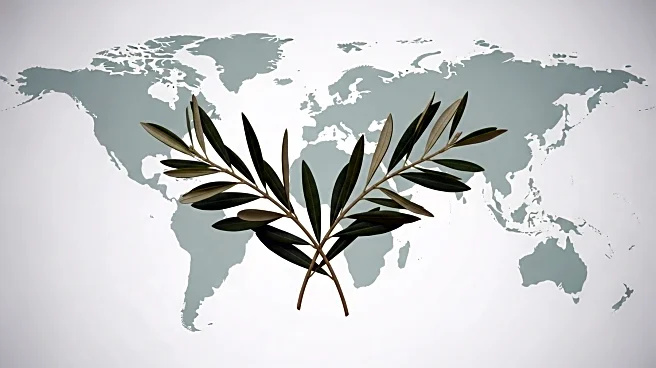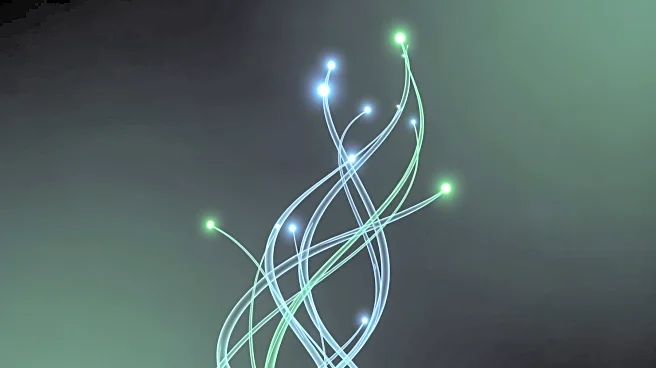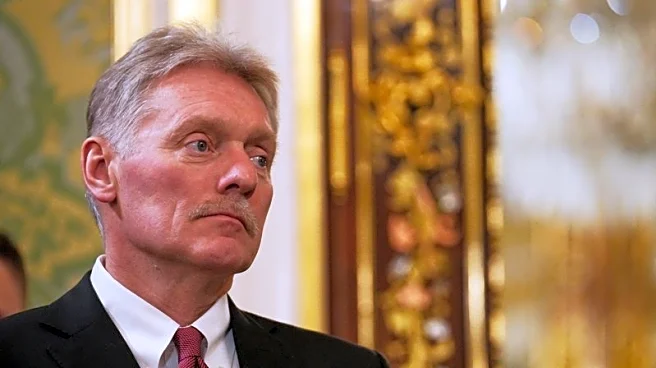What's Happening?
Ukrainian President Volodymyr Zelenskyy is set to meet with President Trump at the United Nations in New York, where he plans to urge the U.S. to impose more stringent sanctions on Russia. Zelenskyy expressed frustration with the current pace of international actions against Russia, emphasizing the need for immediate sanctions if Russian President Vladimir Putin does not engage in peace talks or agree to a ceasefire. The Ukrainian leader criticized the strategy of tying U.S. sanctions to European actions, arguing it delays necessary pressure on Russia. Zelenskyy also highlighted the importance of U.S. leadership in encouraging European countries to take stronger actions against Russia, particularly in light of Hungary and Slovakia's continued energy ties with Moscow.
Why It's Important?
The meeting between Zelenskyy and President Trump is crucial as it could influence the international response to the ongoing conflict in Ukraine. Stronger U.S. sanctions could pressure Russia to reconsider its military actions, potentially leading to a de-escalation of the conflict. The situation also underscores the geopolitical dynamics at play, with European countries looking to the U.S. for leadership. The outcome of this meeting could impact U.S.-European relations and the broader international approach to Russia's actions in Ukraine. Additionally, the meeting may address security guarantees for Ukraine, which could have long-term implications for regional stability.
What's Next?
Zelenskyy's meeting with President Trump is expected to focus on securing commitments for increased sanctions and support for Ukraine. The discussions may also explore potential security guarantees from the U.S. as part of a peace settlement. The international community will be watching closely to see if the U.S. takes a more assertive stance against Russia, which could influence other NATO countries' policies. The outcome of this meeting could set the stage for future diplomatic engagements and shape the international response to the conflict.










